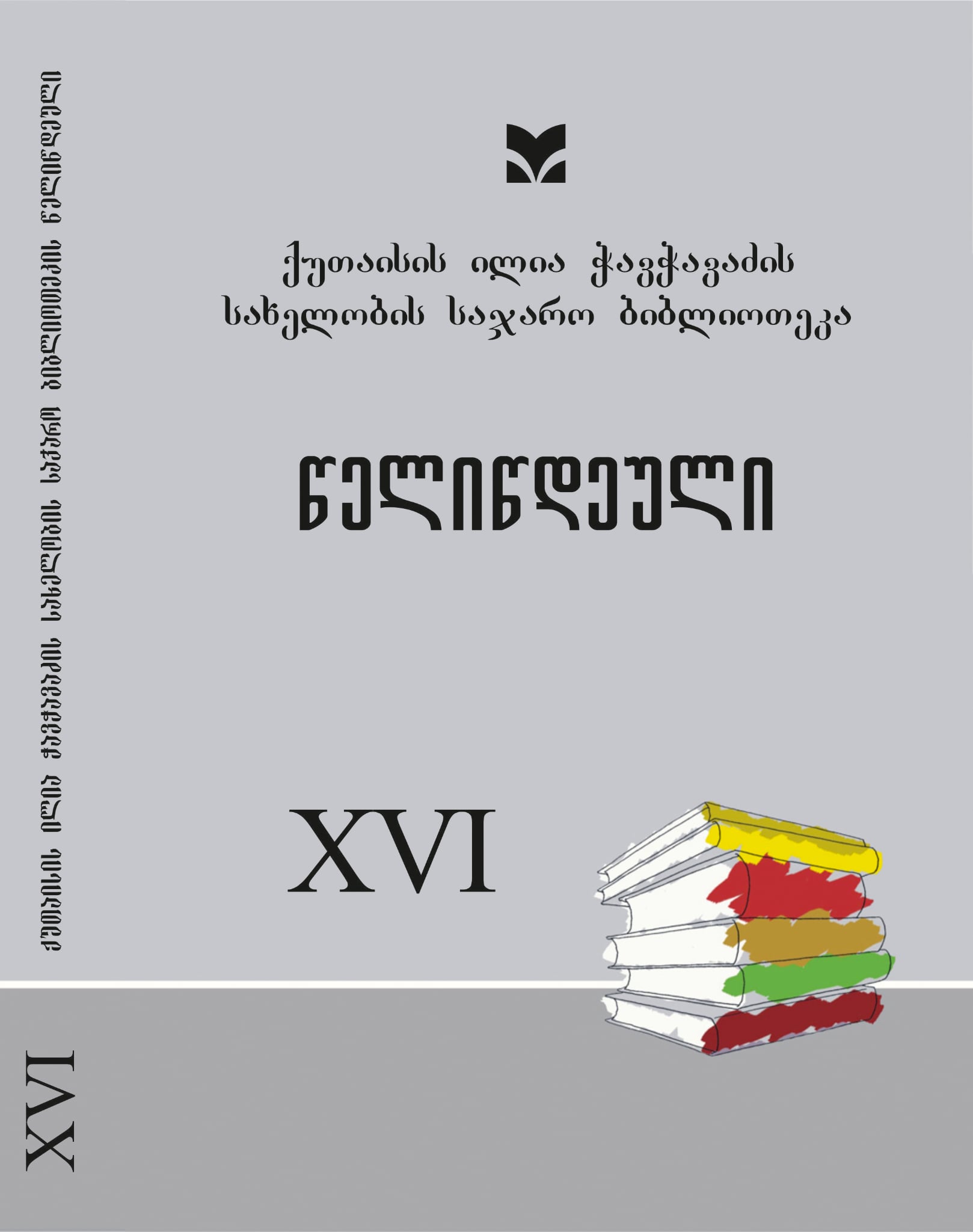მოსე გოგიბერიძე – გზა გურიიდან დიდ ფილოსოფიამდე
DOI:
https://doi.org/10.61491/yk.16.2024.9376საკვანძო სიტყვები:
მოსე გოგიბერიძე, ქართული ფილოსოფიის ისტორია, XIX-XX საუკუნეების ქართული ფილოსოფიური აზროვნებაანოტაცია
მოსე გოგიბერიძე ქართული ფილოსოფიური სკოლის ერთ–ერთი საუკეთესო წარმომადგენელია. იგი 1897 წელს დაიბადა გურიაში, ჩოხატაურის რაიონის სოფელ ქვენობანში. დაწყებითი განათლება მან მიიღო ოზურგეთის საქალაქო სასწავლებელში, ხოლო შემდეგ სწავლა გააგრძელა გერმანიაში, კერძოდ, ბერლინისა და მარბურგის უნივერსიტეტებში. აქვე ახერხებს სადოქტორო დისერტაციის დაცვას თემაზე: „სალომონ მაიმონის აზროვნების თეორია კანტის ფილოსოფიასა და ლოგიკური იდეალიზმის შემდგომ განვითარებასთან მიმართებით“. დისერტაცია საკმაოდ საინტერესო იყო და მიმართული იყო იდეალიზმის, კერძოდ, მარბურგის სკოლის ტრადიციული თეორიის – ლოგიკური იდეალიზმის წინააღმდეგ.
1922 წელს გერმანიაში განათლებამიღებული პროფესორი ბრუნდება საქართველოში და მუშაობას იწყებს სულ რამდენიმე წლის შექმნილ უნივერსიტეტში, სადაც გარდაცვალებამდე მუშაობდა და მნიშვნელოვანი კვალი დატოვა ფილოსოფიის განვითარების, კერძოდ, ბუნების დიალექტიკის კვლევის საქმეში. გარდა ამისა, იგი ლექციებს კითხულობდა სხვადასხვა უმაღლეს სასწავლებელში, მათ შორის ქუთაისში. აღსანიშნავი ფაქტია, რომ მოსე გოგიბერიძემ პირველმა შექმნა ფილოსოფიის ისტორია ქართულ ენაზე. მას ყურადღების გარეშე არ დაუტოვებია ისეთი ფილოსოფიური საკითხები, რომლებიც უშუალო კავშირში იყო ქართული ფილოსოფიური აზროვნებისა და, საერთოდ, ქართული კულტურის განვითარებასთან. განსაკუთრებით ხაზგასმულია ქართული ფილოსოფიის კლასიკური ხანა, რომელიც უკავშირდება იოანე პეტრიწის მოღვაწეობას, რა თქმა უნდა, საუბარია რუსთაველის ეპოქის ფილოსოფიური პრობლემატიკის შესახებ.
მოსე გოგიბერიძე უდიდესი ქართველი მოაზროვნეა. მისი შრომები ფილოსოფოსთა შემდგომ თაობებში მუდმივად განხილვის საგანია. 1997 წელს თბილისის სახელმწიფო უნივერსიტეტმა ფართო მასშტაბით აღნიშნა მისი დაბადების 100 წლის იუბილე.




